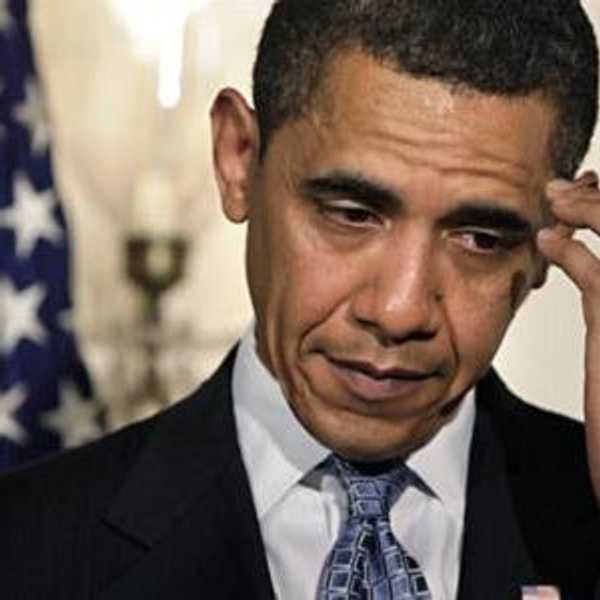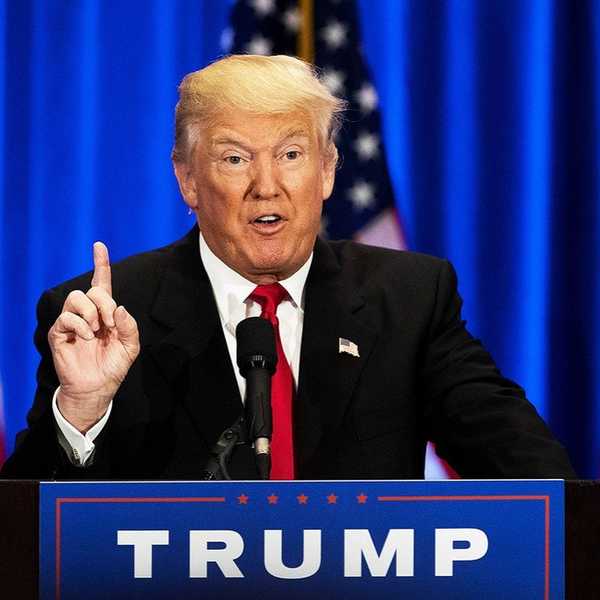While doing my research on my series of the First Ladies, I began to ask people I came into contact with to tell me what they knew about the many First Ladies of the United States. Michele, Hillary, Jackie, Eleanor, and Martha Washington were the most common recalled. When I asked them what they knew about Pat Nixon, most drew a blank until I used the terms "Watergate" or "Tricky Dick."
With that knowledge, I knew it was important for me to write all I learned from my research on the wife of the 37th President of the United States. Thelma Catherine Patricia Ryan was born on March 16, 1912, to an Irish blue-collar family. Her mother died when she was 13 and her father passed away when she was 17.
"Pat" was the name her father gave her in honor of St. Patrick's Day, and she went by that name her entire life. Pat worked as a janitor and bookkeeper in high school to help support her family and worked her way through college. She earned a Bachelor of Science degree in Merchandising and graduated cum laude. In addition, she earned a Master's in Education.
She taught typing, bookkeeping, and other business courses at Whitter Union High School plus auditioned for acting jobs at the local theatre. Her students adored her, and she was just as, if not more attractive, than Jackie Kennedy. She was a strong independent woman of her generation, living with roommates and earning a living without the help of a husband.
Along comes Richard. They met in the theatre group and he fell for her instantly. He pursued her relentlessly and after time, she caved in and agreed to marry him.
Fast forward to their life in the White House. Pat had some knowledge of the responsibilities of the First Lady because she spent eight years as the wife of the Vice President of the United States from 1953 to 1960. She traveled with Richard to many countries and was known as the "Goodwill Ambassador" for the United States.
She spoke out on women's issues whenever possible and remarked that there should be more female representation in Congress and other countries around the world. Yet her ambivalence towards politics and the media was unrelenting, and she began to keep her opinions behind closed doors and specifically within earshot of the president. The two aides that also prevented her from being a strong advocate for women's right were the President's Chief of Staff, Bob Haldeman, and his aide, John Ehrlichman.
Richard was a demanding husband, at times his drug and alcohol abuse took its toll on Pat's perfect "June Cleaver" image. Pat was, for the most part, silent during Richard's term as President. Her extensive travel was her way of avoiding the abuse from her husband. On the History website, Becky Little writes, "Nixon family lawyer Waller Taylor told me that Nixon had hit her in 1962 and that she had threatened to leave him over it … I'm not talking about a smack. He blackened her eye."
To Pat's dismay, her image as a 1950's housewife was not what the nation was looking for. It was the "Age of Aquarius," the time for women's liberation and bra-burning. Even though she had pro-choice views, the media labeled her "Plastic Pat," and she stayed expressionless or gave no comments when asked.
Moreover, politics puts a lot of stress on a relationship. Richard was the kind of man who never backed down from a quest. He plowed full steam ahead and most cases never discussed his plans with Pat. She learned about his bid to run for President in the news just like she learned of his plans to resign after the Watergate investigation.
Pat was a victim of circumstances and an environment of the times she lived in. She could never tell the world that her husband was an alcoholic, or that he physically and mentally abused her. Her "Stockholm Syndrome" life was all she knew. And after he resigned, she packed their belongings and kept silent on these issues.
There would have been no one better than Pat Nixon to stand up and tell the people of the world that she is a victim of her husband's mental and physical abuse. What harm could it have done to a man who had disgraced the highest office of the United States? Her voice could have changed how domestic violence is dealt with today.



















